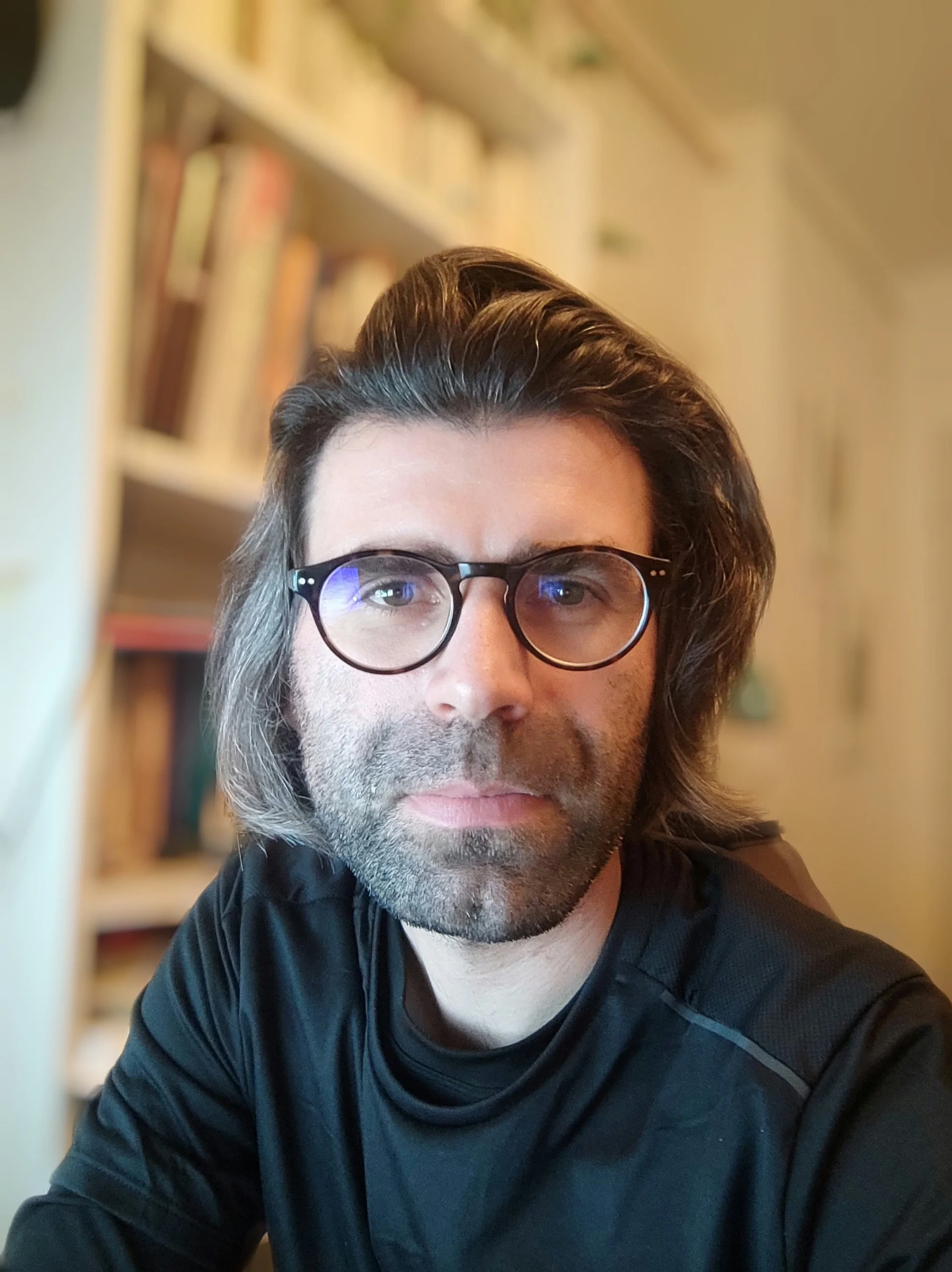Who I am
In an age of algorithmic recommendations and trend-chasing via metadata, a bookstore’s true distinction lies not in offering what is merely popular, but in curating what is culturally necessary.
Positioning a bookstore as a destination for international readers—expatriates, students, travelers, and globally curious locals—means more than stocking English-language titles. It means understanding the editorial value of those books beyond their commercial footprint. English has become the default language of transnational literary flow in Europe, but its role is not simply functional—it is cultural. It allows access to intellectual debates, emerging voices, and literary experiments often years ahead of translation cycles.
This is especially true for a generation of readers shaped by TikTok, YouTube, and Bookstagram, where reading carries both an aesthetic and a social dimension. But responding to this shift isn’t just about following the trends—it’s about interpreting them, discerning what carries lasting resonance from what is ephemeral. Here, human curation is irreplaceable.
To offer English books is not a commercial move—it is a cultural gesture. And when done with editorial intelligence and contextual sensitivity, it positions the bookstore not as a vendor, but as a curatorial space—a place where global narratives meet local relevance.
In a market where AI can replicate metadata, but not judgment, nuance, or taste, the bookstore becomes one of the last physical spaces where literary selection is an act of meaning.
I am Raul Pavel, a curator of international books, currently based in Berlin. With over 17 years of experience in book retail and acquisitions, I specialize in building bridges between global publishing and regional audiences. My work centers not on bulk procurement, but on meaningful selection—books that matter in context.
My portfolio includes long-term collaboration with Cărturești, Romania’s most prominent bookstore chain, where I’ve helped shape the international title offering and position flagship locations like Cărturești Carusel as both literary and cultural landmarks.
Throughout the years, I’ve worked with institutions such as Dussmann, supporting Romanian-language acquisitions; Koopkultur e.V., moderating literary events; and Culturadata, conducting research into reading and cultural consumption patterns.
I hold a PhD in Book History, a discipline that gives me not only historical perspective, but also the tools to understand long-term shifts in the way books are produced, circulated, and read across linguistic boundaries.
My practice is guided by one belief: in a world flooded with data, it is judgment, not volume, that defines meaningful curation.
